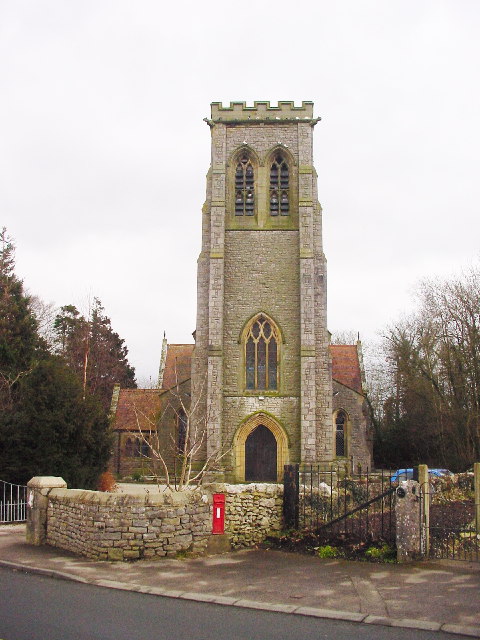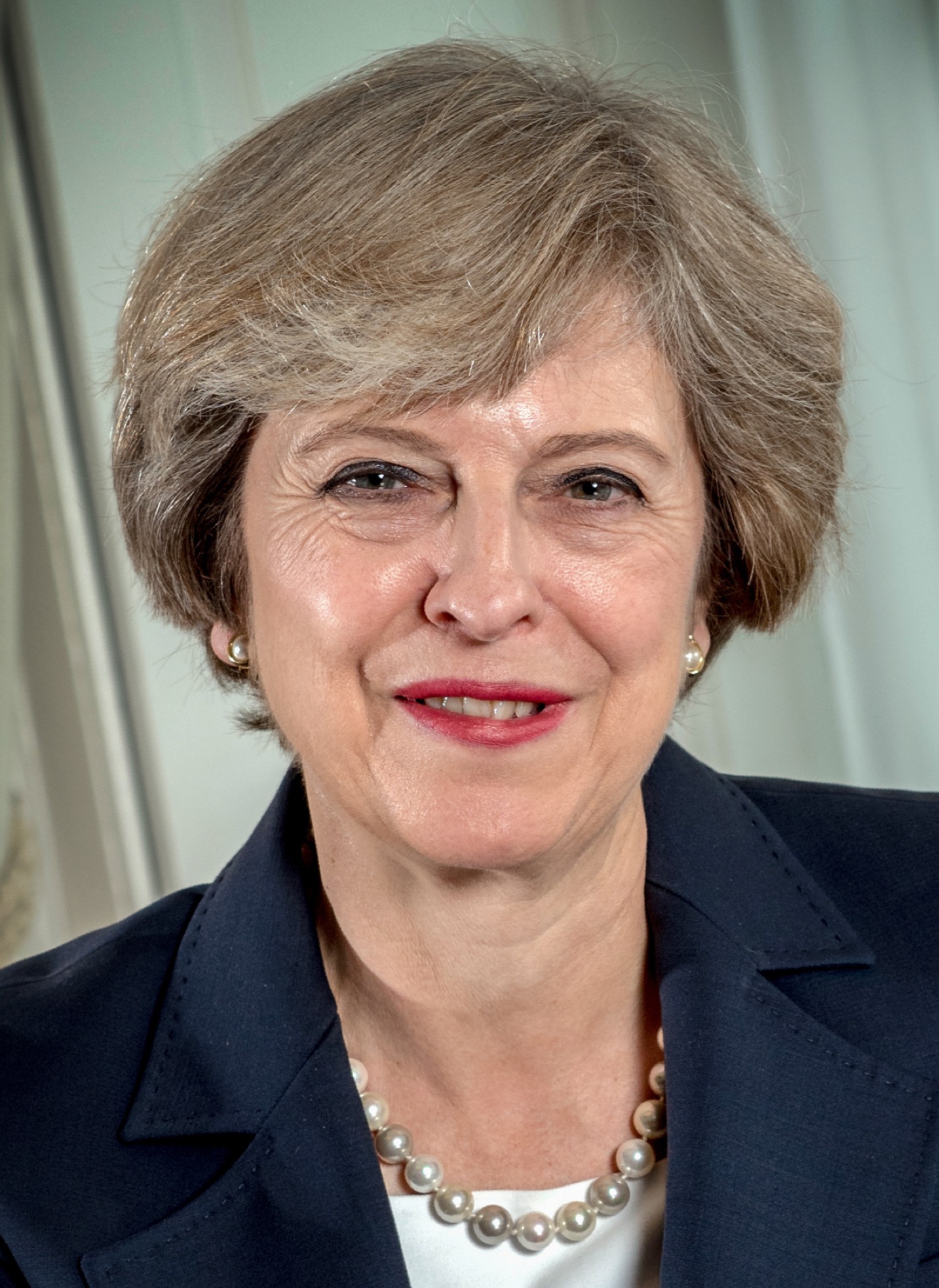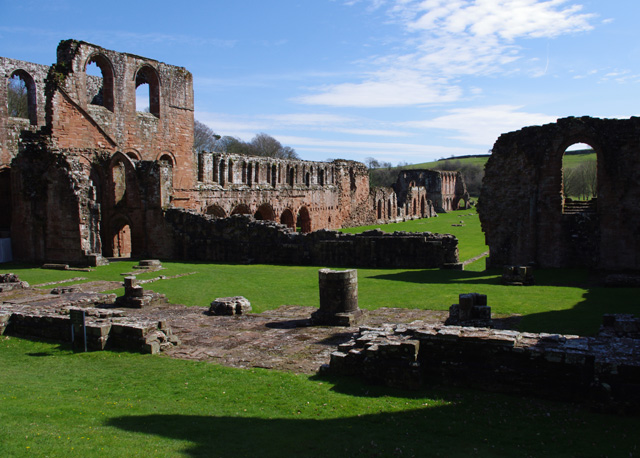|
Silverdale, Lancashire
Silverdale is a village and civil parish within the City of Lancaster district of Lancashire, England. The village stands on Morecambe Bay, near the border with Cumbria, north west of Carnforth and of Lancaster. The parish had a population of 1,519 recorded in the 2011 census. Silverdale forms part of the Arnside and Silverdale Area of Outstanding Natural Beauty. The RSPB's Leighton Moss nature reserve is close to the village train station. The National Trust owns several pieces of land in the area. The former Tarmac-owned Trowbarrow quarry is now a SSSI and popular climbing location. The Lancashire Coastal Way footpath goes from Silverdale to Freckleton, and the Cumbria Coastal Way goes from Silverdale to Gretna. It is served by nearby Silverdale railway station on the line from Lancaster to Barrow in Furness. Governance Silverdale is in the UK Parliamentary Constituency of Morecambe and Lunesdale, represented since 2010 by David Morris (Conservative), who was re ... [...More Info...] [...Related Items...] OR: [Wikipedia] [Google] [Baidu] |
City Of Lancaster
The City of Lancaster () is a local government district of Lancashire, England, with the status of a city and non-metropolitan district. It is named after its largest settlement, Lancaster, but covers a far larger area, which includes the towns of Morecambe, Heysham, and Carnforth, as well as outlying villages, farms, rural hinterland and (since 1 August 2016) a section of the Yorkshire Dales National Park. The district has a population of (), and an area of . History The current city boundaries were set as part of the provisions of the Local Government Act 1972, which created a non-metropolitan district on 1 April 1974 covering the territory of five former districts, which were abolished at the same time: *Carnforth Urban District * Lancaster Municipal Borough * Lancaster Rural District * Lunesdale Rural District * Morecambe and Heysham Municipal Borough The city status which had been held by the old municipal borough of Lancaster since 1937 was transferred to the non-met ... [...More Info...] [...Related Items...] OR: [Wikipedia] [Google] [Baidu] |
Freckleton
Freckleton is a village and civil parish on the Fylde coast in Lancashire, England, to the south of Kirkham and east of the seaside resort of Lytham St. Annes. In 2001 the parish had a population of 6,045, reducing to 6,019 at the 2011 Census. The village is near Warton, with its links to BAE Systems. Warton Aerodrome's runway is partly within Freckleton's boundary. Freckleton has a parish council, and is part of Fylde Borough, and Fylde constituency. History The name of the village appears in the ''Domesday Book'' as "Frecheltun" and is said to derive from 'Farmstead of a man called Frecla', with Old English tun and Nordic personal name. It was one of 62 settlements to be found in the Hundred of "Agemvndrenesse" (Amounderness). Another suggested derivation is from the Anglo-Saxon word for "lusty" or "argumentative".Bevan, E. M. and Ramsbottom, M. (1994), ''A Walk Round Old Freckleton'', Hedgehog Historical Publications, . Freckleton supplied water to the Roman fort a ... [...More Info...] [...Related Items...] OR: [Wikipedia] [Google] [Baidu] |
Non-metropolitan District
Non-metropolitan districts, or colloquially "shire districts", are a type of Districts of England, local government district in England. As created, they are sub-divisions of non-metropolitan county, non-metropolitan counties (colloquially ''shire counties'') in a two-tier arrangement. Non-metropolitan districts with Borough status in the United Kingdom, borough status are known as boroughs, able to appoint a Mayors in England, mayor and refer to itself as a borough council. Non-metropolitan districts Non-metropolitan districts are subdivisions of English non-metropolitan county, non-metropolitan counties which have a two-tier structure of local government. Most non-metropolitan counties have a county council and several districts, each with a borough or district council. In these cases local government functions are divided between county and district councils, to the level where they can be practised most efficiently: *Borough/district councils are responsible for planning per ... [...More Info...] [...Related Items...] OR: [Wikipedia] [Google] [Baidu] |
Parish Councils In England
Parish councils are civil local authorities found in England which are the lowest tier of local government. They are elected corporate bodies, with variable tax raising powers, and they carry out beneficial public activities in geographical areas known as civil parishes. There are about 9,000 parish and town councils in England, and over 16 million people live in communities served by them. Parish councils may be known by different styles, they may resolve to call themselves a town council, village council, community council, neighbourhood council, or if the parish has city status, it may call itself a city council. However their powers and duties are the same whatever name they carry.Local Government and Public Involvement in Health Act 2007 Parish councils receive the majority of their funding by levying a precept upon the council tax paid by the residents of the parish (or parishes) covered by the council. In 2021-22 the amount raised by precept was £616 million. Other fun ... [...More Info...] [...Related Items...] OR: [Wikipedia] [Google] [Baidu] |
North West England (European Parliament Constituency)
North West England was a constituency of the European Parliament. From the 2009 elections it elected 8 MEPs using the D'Hondt method of party-list proportional representation, until the UK exit from the European Union on 31 January 2020. Boundaries The constituency corresponded to the North West England region of the United Kingdom, comprising the counties of Cheshire, Cumbria, Greater Manchester, Lancashire and Merseyside. History Following the passing of the European Parliamentary Elections Act 1999, the North West of England formed one constituency from which candidates are elected using the D'Hondt method. In the election preceding that Act, MEPs were elected by the first-past-the-post method in single-member constituencies. The constituency corresponded to the following former European constituencies: Cheshire East, Cheshire West and Wirral, Cumbria and Lancashire North, Greater Manchester Central, Greater Manchester East, Greater Manchester West, Lancashire Central ... [...More Info...] [...Related Items...] OR: [Wikipedia] [Google] [Baidu] |
Brexit
Brexit (; a portmanteau of "British exit") was the withdrawal of the United Kingdom (UK) from the European Union (EU) at 23:00 GMT on 31 January 2020 (00:00 1 February 2020 CET).The UK also left the European Atomic Energy Community (EAEC or Euratom). The UK is the only sovereign country to have left the EU or the EC. Greenland left the EC (but became an OTC) on 1 February 1985. The UK had been a member state of the EU or its predecessor the European Communities (EC), sometimes of both at the same time, since 1 January 1973. Following Brexit, EU law and the Court of Justice of the European Union no longer have primacy over British laws, except in select areas in relation to Northern Ireland. The European Union (Withdrawal) Act 2018 retains relevant EU law as domestic law, which the UK can now amend or repeal. Under the terms of the Brexit withdrawal agreement, Northern Ireland continues to participate in the European Single Market in relation to goods, and to be a member ... [...More Info...] [...Related Items...] OR: [Wikipedia] [Google] [Baidu] |
2019 United Kingdom General Election
The 2019 United Kingdom general election was held on Thursday, 12 December 2019. It resulted in the Conservative Party receiving a landslide majority of 80 seats. The Conservatives made a net gain of 48 seats and won 43.6% of the popular vote – the highest percentage for any party since 1979. Having failed to obtain a majority in the 2017 general election, the Conservative Party had faced prolonged parliamentary deadlock over Brexit while it governed in minority with the support of the Democratic Unionist Party (DUP). This situation led to the resignation of the Prime Minister, Theresa May, and the selection of Boris Johnson as Conservative leader and Prime Minister in July 2019. Johnson could not induce Parliament to approve a revised withdrawal agreement by the end of October, and chose to call for a snap election, which the House of Commons supported via the Early Parliamentary General Election Act 2019. Opinion polls up to polling day showed a firm lead for the ... [...More Info...] [...Related Items...] OR: [Wikipedia] [Google] [Baidu] |
2017 United Kingdom General Election
The 2017 United Kingdom general election was held on Thursday 8 June 2017, two years after the previous general election in 2015; it was the first since 1992 to be held on a day that did not coincide with any local elections. The governing Conservative Party remained the largest single party in the House of Commons but lost its small overall majority, resulting in the formation of a Conservative minority government with a Confidence and supply agreement with the Democratic Unionist Party (DUP) of Northern Ireland. The Conservative Party, which had governed as a senior coalition partner from 2010 and as a single-party majority government from 2015, was defending a working majority of 17 seats against the Labour Party, the official opposition led by Jeremy Corbyn. It was the first general election to be contested by either May or Corbyn; May had succeeded David Cameron following his resignation as prime minister the previous summer, Corbyn had succeeded Ed Miliband who ... [...More Info...] [...Related Items...] OR: [Wikipedia] [Google] [Baidu] |
2015 United Kingdom General Election
The 2015 United Kingdom general election was held on Thursday, 7 May 2015 to elect 650 members to the House of Commons. It was the first and only general election held at the end of a Parliament under the Fixed-term Parliaments Act 2011. Local elections took place in most areas on the same day. Polls and commentators had predicted the outcome would be too close to call and would result in a second consecutive hung parliament whose composition would be either similar to or more complicated than the 2010 general election. Opinion polls were eventually proven to have underestimated the Conservative vote as the party, having governed in coalition with the Liberal Democrats since 2010, won 330 seats and 36.9% of the vote share, giving them a small overall majority of 12 seats (including Speaker John Bercow—ten seats without him) and their first outright win since 1992. It therefore won a mandate to govern alone with David Cameron continuing as Prime Minister. The Lab ... [...More Info...] [...Related Items...] OR: [Wikipedia] [Google] [Baidu] |
David Morris (Conservative Politician)
David Thomas Morris (born 3 January 1966) is a British Conservative Party politician, former musician and businessman serving as Member of Parliament (MP) for Morecambe and Lunesdale since 2010. Early life Morris was born on 3 January 1966 in Leigh, Lancashire. The son of an ex-Royal Navy Lieutenant Commander who served as Director of Maritime Affairs for the Bahamas, he spent much of his youth abroad. He was privately educated at St Andrew's School in Nassau, Bahamas, Kowloon School, Hong Kong and Lowton High School in Greater Manchester. An accomplished guitarist, Morris played in a band with Rick Astley. Morris and Astley played the Northern club circuit at night in the band Give Way – specialising in covering Beatles and Shadows songs – and FBI, a soul band which won several local talent competitions. He became a session musician and was shortlisted for Whitesnake and Duran Duran. Morris was signed under a separate management contract with the same management as A ... [...More Info...] [...Related Items...] OR: [Wikipedia] [Google] [Baidu] |
2010 United Kingdom General Election
The 2010 United Kingdom general election was held on Thursday 6 May 2010, with 45,597,461 registered voters entitled to vote to elect members to the House of Commons. The election took place in 650 constituencies across the United Kingdom under the first-past-the-post system. The election resulted in a large swing to the Conservative Party similar to that seen in 1979, the last time a Conservative opposition had ousted a Labour government. The Labour Party lost the 66-seat majority it had previously enjoyed, but no party achieved the 326 seats needed for a majority. The Conservatives, led by David Cameron, won the most votes and seats, but still fell 20 seats short. This resulted in a hung parliament where no party was able to command a majority in the House of Commons. This was only the second general election since the Second World War to return a hung parliament, the first being the February 1974 election. For the leaders of all three major political parties, this was ... [...More Info...] [...Related Items...] OR: [Wikipedia] [Google] [Baidu] |
Barrow In Furness
Barrow-in-Furness is a port town in Cumbria, England. Historically in Lancashire, it was incorporated as a municipal borough in 1867 and merged with Dalton-in-Furness Urban District in 1974 to form the Borough of Barrow-in-Furness. In 2023 the borough will merge with Eden and South Lakeland districts to form a new unitary authority; Westmorland and Furness. At the tip of the Furness peninsula, close to the Lake District, it is bordered by Morecambe Bay, the Duddon Estuary and the Irish Sea. In 2011, Barrow's population was 56,745, making it the second largest urban area in Cumbria after Carlisle. Natives of Barrow, as well as the local dialect, are known as Barrovian. In the Middle Ages, Barrow was a small hamlet within the parish of Dalton-in-Furness with Furness Abbey, now on the outskirts of the town, controlling the local economy before its dissolution in 1537. The iron prospector Henry Schneider arrived in Furness in 1839 and, with other investors, opened the Furness Rai ... [...More Info...] [...Related Items...] OR: [Wikipedia] [Google] [Baidu] |

.jpg)



